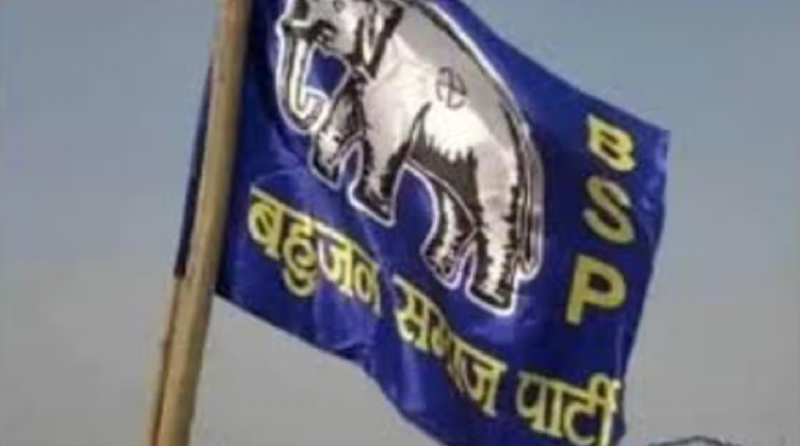
In the early 2000s, the Bahujan Samaj Party (BSP) emerged as a strong contender in Delhi's political landscape. However, over the years, it lost ground to the Aam Aadmi Party (AAP) and others. Despite these setbacks, the BSP has remained determined to revive its political fortunes.
For the upcoming elections, the BSP, led by Mayawati, has fielded candidates in all seven Lok Sabha constituencies in Delhi, aiming to strengthen its presence. Laxman Singh, the BSP's Delhi state chief, expressed optimism about increasing their vote share, expecting a competitive three-way contest in each constituency.
"In Delhi, it's no longer just a two-way contest. Our candidates are performing admirably," Singh stated.
Singh emphasized that BSP's strategy differs from other parties, focusing on grassroots campaigning rather than big-budget campaigns. "Our candidates and volunteers are engaging directly with voters, going door to door," Singh added.
This election, the BSP has chosen Raaj Kumar Anand, a former Delhi minister who recently joined from AAP, as their candidate for the New Delhi Lok Sabha seat. In East Delhi, Md Waqar Choudhary, previously associated with AAP, is the BSP's candidate. The party has also nominated Muslim candidates like Abul Kalam Azad and Abdul Basit in Chandni Chowk and South Delhi, respectively. Vishakha will represent BSP from West Delhi, while Vijay Bauddh and Ashok Kumar are candidates for North West Delhi and North East Delhi, respectively.
"This time, we have fielded three Muslim candidates. Major parties rarely give tickets to Muslim candidates despite their significant presence in Delhi," another BSP official noted.
BSP entered politics in 1989, contesting 245 seats across the country and winning in four. In its debut in Delhi, BSP contested five seats and secured a mere 3.6% of the vote share. The party's founder, Kanshi Ram, achieved 11.2% of the votes when he contested from East Delhi. BSP's best performance in Delhi was in the 2008 assembly elections, where it won two seats and garnered 14% of the votes. However, its popularity has since declined, with the party receiving just 1% of the votes in the 2019 Lok Sabha elections.
The party's representation in the Municipal Corporation of Delhi (MCD) also fluctuated over the years, reaching a peak of 17 councillors in 2007 but failing to secure any seats in 2022.
BSP's Delhi chief, Laxman Singh, assured that their candidates are chosen based on merit and integrity. "We ensure that no candidate with a criminal background is fielded," he stated confidently.
While BSP is hopeful of a strong performance, rival parties are skeptical. "BSP is no longer relevant. Independent candidates might get more votes than BSP candidates," remarked an AAP official, speaking anonymously. Anil Bharadwaj from Delhi Congress echoed similar sentiments, asserting that Dalit voters would support the Congress-alliance.
On the other hand, a Delhi BJP official acknowledged BSP's potential to cut into the vote share of the Congress-AAP alliance in certain constituencies. "BSP has a dedicated cadre and support base in specific areas," the official remarked.
The BSP's bid to reclaim political ground in Delhi seems ambitious but faces stiff competition from established players. The outcome will determine if BSP can regain its former political prominence in the capital city.